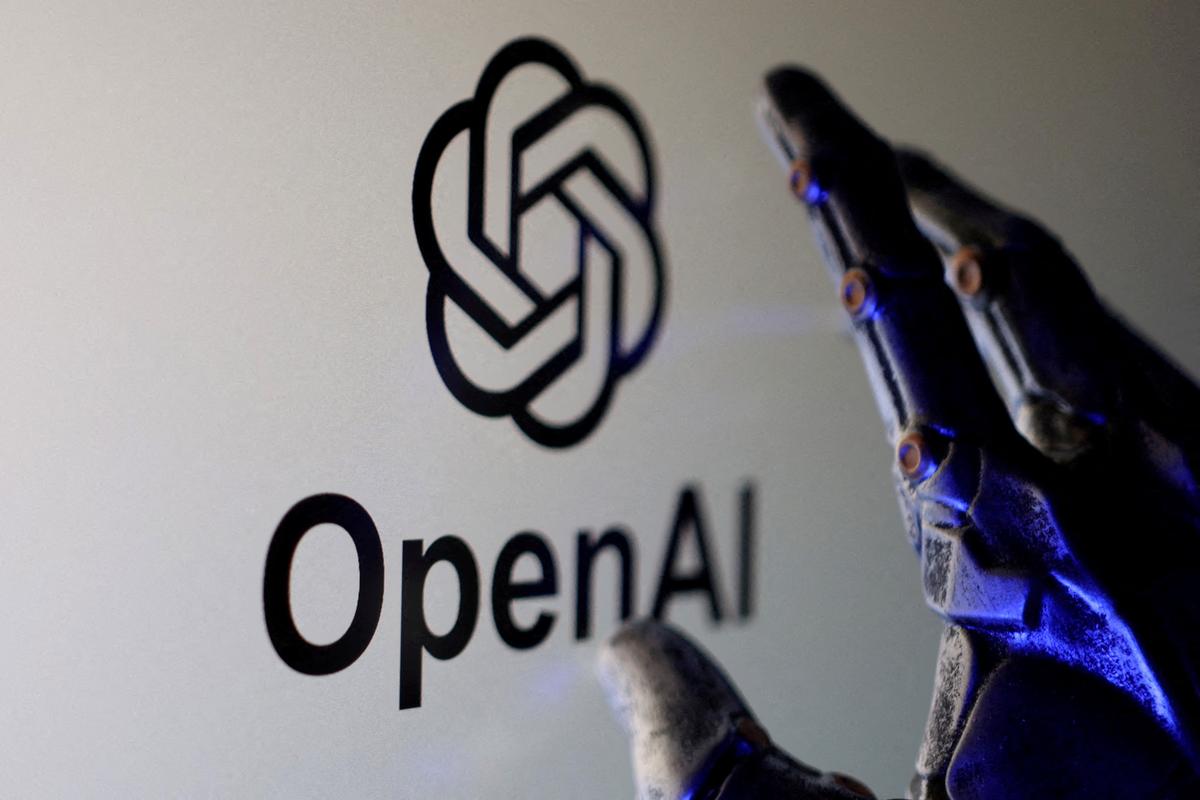OpenAI Launches Enhanced Memory Features for Free ChatGPT Users

OpenAI has announced significant updates to its ChatGPT platform, now extending memory improvements to all users, including those on the free tier. This enhancement allows the chatbot to provide personalized responses based on previous interactions, making conversations more fluid and context-aware. Additionally, the coding-focused AI agent, Codex, will now have full internet access during setup, although this feature comes with certain security considerations.
Expanded Memory Features for All Users
OpenAI’s recent announcement on X (formerly Twitter) reveals that the memory boost feature, initially available only to ChatGPT Plus, Team, and Pro subscribers, is now accessible to free-tier users as well. This upgrade enhances the chatbot’s ability to remember specific information about users, allowing it to recall context from past conversations. Previously, users had to manually manage what the AI remembered by visiting the Memory section in Settings. With the new update, users can engage in conversations without needing to restate previous details, as ChatGPT will already be aware of the context. For example, users can prompt the chatbot with, “Based on our conversation about the quarterly performance report, tell me what the goals should be for the next quarter,” and it will respond appropriately.
While the free-tier users will benefit from this memory feature, it is important to note that they will receive a lightweight version compared to what paid subscribers enjoy. OpenAI has not specified the exact differences between the two versions, leaving some questions about the extent of the enhancements for free users.
Codex Receives Internet Access Upgrade
In a separate update, OpenAI is enhancing its coding agent, Codex, which is now available to ChatGPT Plus users. Previously, Codex was limited to Pro subscribers, but this change broadens access to a wider audience. The most notable upgrade is Codex’s new capability to access the internet during its setup phase. This feature can be activated by users, although it is turned off by default.
OpenAI CEO Sam Altman emphasized the importance of this upgrade, as it allows Codex to retrieve information and resources from the web, potentially improving its coding assistance capabilities. However, the company has also issued warnings regarding the security risks associated with enabling internet access. Users and organizations could face threats such as prompt injection, code exfiltration, and exposure to malware, as Codex navigates the web and interacts with untrusted content.
Security Considerations for Users
OpenAI has made it clear that while the new features aim to enhance user experience, they also come with inherent risks. The support page outlines potential security vulnerabilities that could arise from Codex’s internet connectivity. Users are advised to be cautious when enabling this feature, as it may expose them to harmful content or malicious attacks.
The company’s focus on security highlights the need for users to understand the implications of using AI tools that interact with the internet. As Codex becomes more capable, the responsibility lies with users to ensure they are using the tool safely and effectively. OpenAI continues to prioritize user safety while expanding the functionalities of its AI offerings, aiming to strike a balance between innovation and security.
Observer Voice is the one stop site for National, International news, Sports, Editor’s Choice, Art/culture contents, Quotes and much more. We also cover historical contents. Historical contents includes World History, Indian History, and what happened today. The website also covers Entertainment across the India and World.

